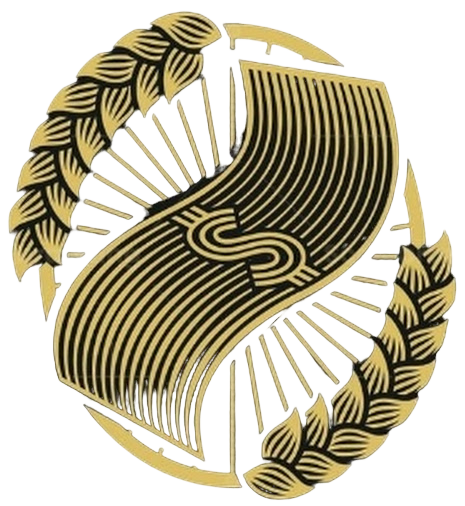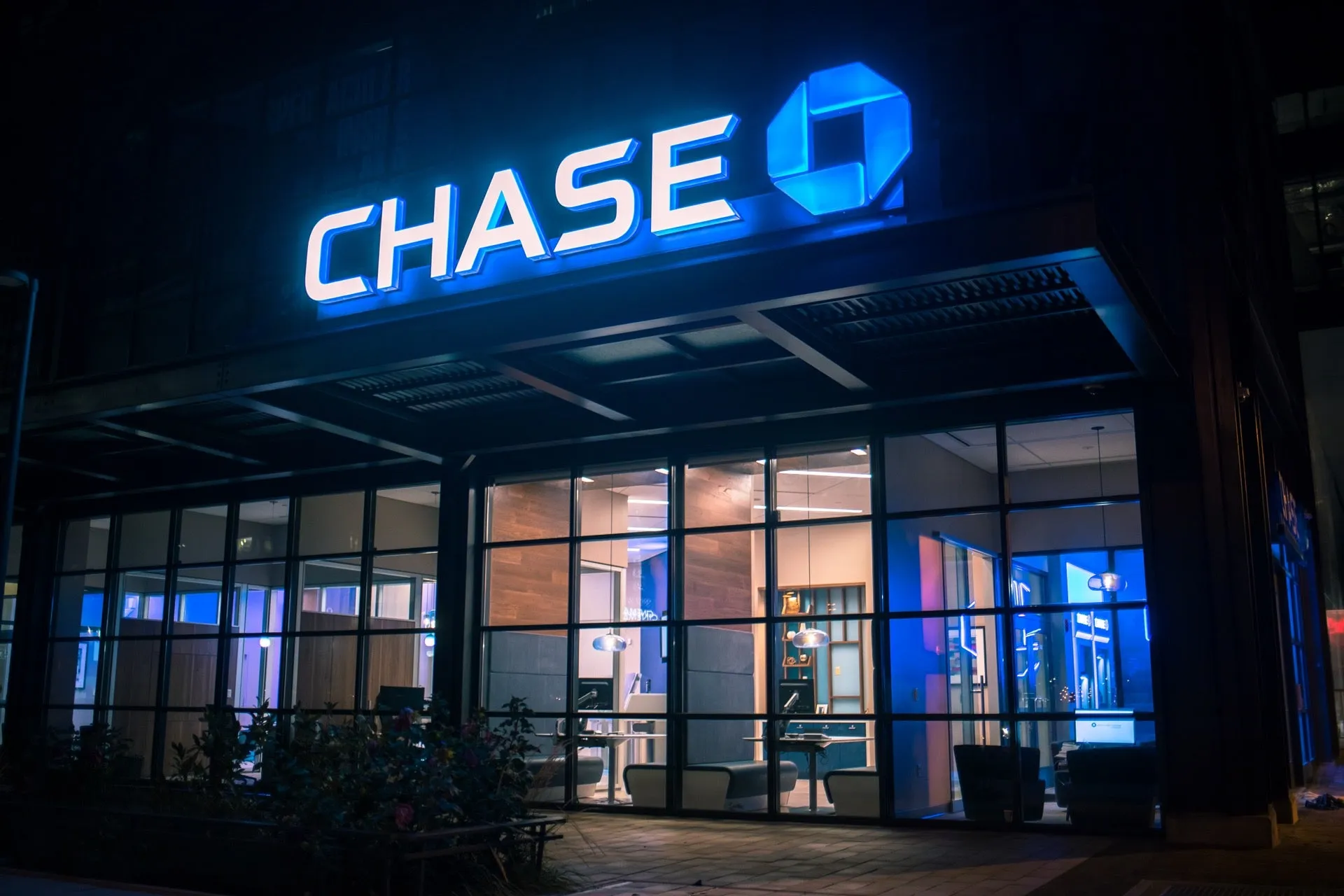There has been recent talk of a purported “Chase Bank glitch” floating online, which is causing curiosity and worry among the banking community and all who are TikTok enthusiasts.
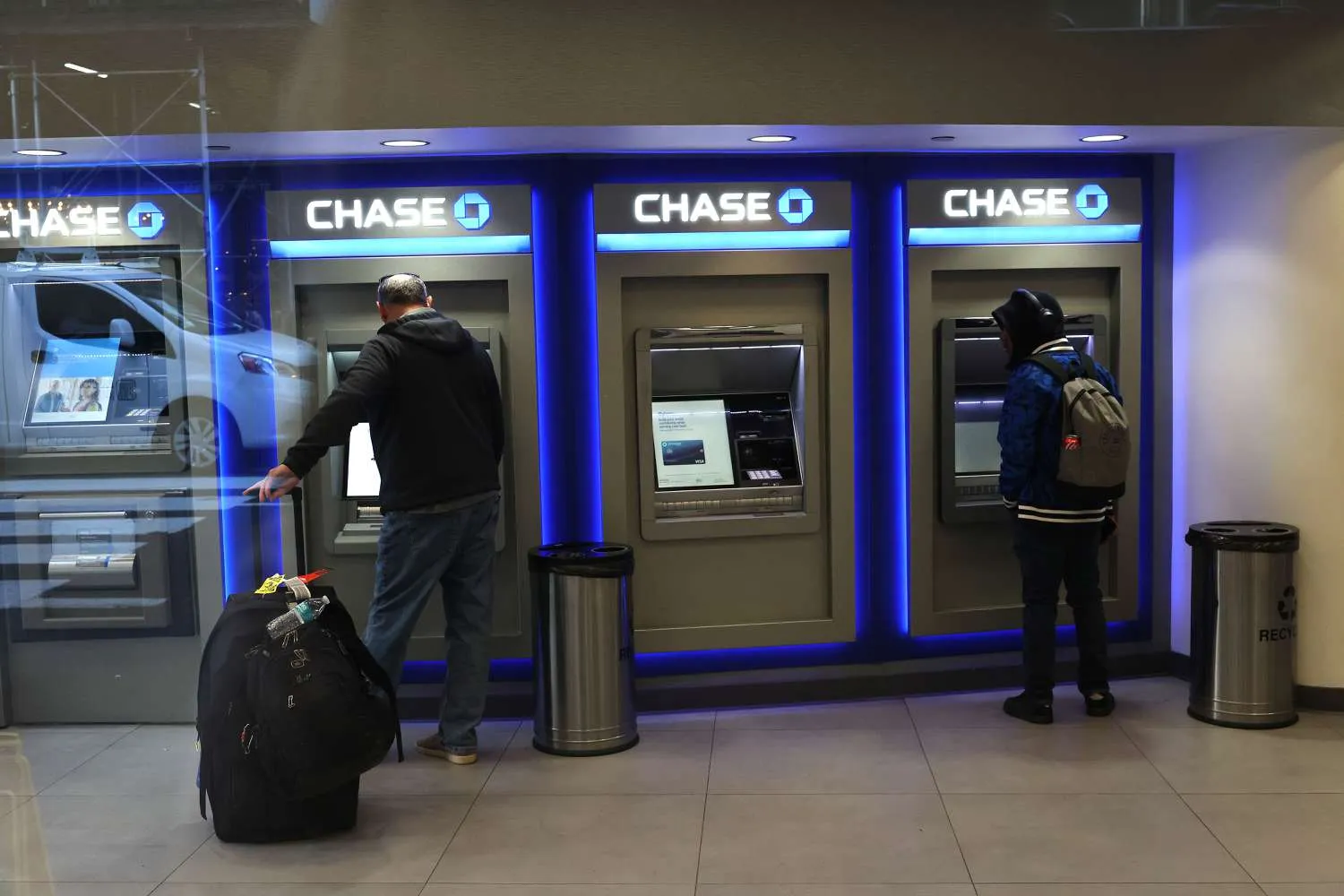
Social media is filled with people discussing and posting videos about claims that individuals have a way of trading on Chase Bank‘s systems to tap into the money under doubtful conditions.
Although these are widely publicized claims, there is much speculation about whether this is a real issue or just another piece of internet misinformation. The talks have put forward inquiries about bank vitality, user liability, and legitimate results.
What Was the Chase Bank Glitch?
The somewhat misnamed “Chase bank glitch” is a popular TikTok trend in which users said they could scam Chase ATMs by depositing fake checks and cashing them before they could bounce.
This was not a problem with Chase’s system technology but was an organized hijacking of the check.
People would give fraudulent or counterfeit checks to chase ATMs in, and because of the delays in deposit processing, they would be able to pull an ATM and then, before the bank confirmed the check.
Chase said that this was no glitch, but rather intentional fraud. The presence of any banking delay in check clearance is illegal and considered financial fraud.
JPMorgan Chase acted promptly, taking account freezing, conducting investigations, and referring significant cases to law enforcement.
The bank sued individuals who had cashed out large amounts—sometimes hundreds of thousands of dollars—before the fake hallucinations bounced.
Is Chase Safe Now?
There has been no reported data breach or hack on the Chase bank glitch. The issue originated from people who were using a lag in the check-clearing process, not because of any cybersecurity measure.
Chase Bank still remains one of the most secure banks in the world. It is, however, federally insured, insuring deposits up to $250,000.
The bank is also precisely rated ‘aa’ for Fitch’s viability rating with great solid financial stability.
Security Features of the Chase Bank
- 24/7 fraud monitoring
- Data encryption
- Secure mobile banking tools
- Real-time transaction alerts
BBB rating of Chase is A+ and Chase is a provider of solid customer service and anti-fraud measures. The glitch did not affect customers data or system infrastructures.
Though the bad activity raised stomach upset, Chase’s security build is still good and reliable.
READ ALSO
- Which money-saving option represents ownership?
- Where Can I Find a Saving Money Book for Adults Today?
- How to Save Money on Your Wedding Without Sacrificing Elegance
Who Owns Chase Bank?
Chase Bank functions as JPMorgan Chase & Co., a multinational banking company and America’s largest bank by assets. The company is listed in the public sector of the New York Stock Exchange with ticker JPM.
JPMorgan Chase is a company owned by its shareholders, with Vanguard Group and BlackRock, the major institutional investors, having a notable share of the shares.
The company was created by way of a series of large and dramatic mergers, including
- JPMorgan & Co.
- Chase Manhattan Bank
- Bank One
As the Consumer and Commercial Banking Corporation’s consumer and commercial banking brand, Chase Bank provides checking, savings, credit cards, loans, and mortgages.
JPMorgan Chase & Co. is present in more than 100 countries and employs over 250,000 personnel worldwide, positioning it as one of the most powerful banks in the financial sector.
How Much Did Chase Lose in the Glitch?
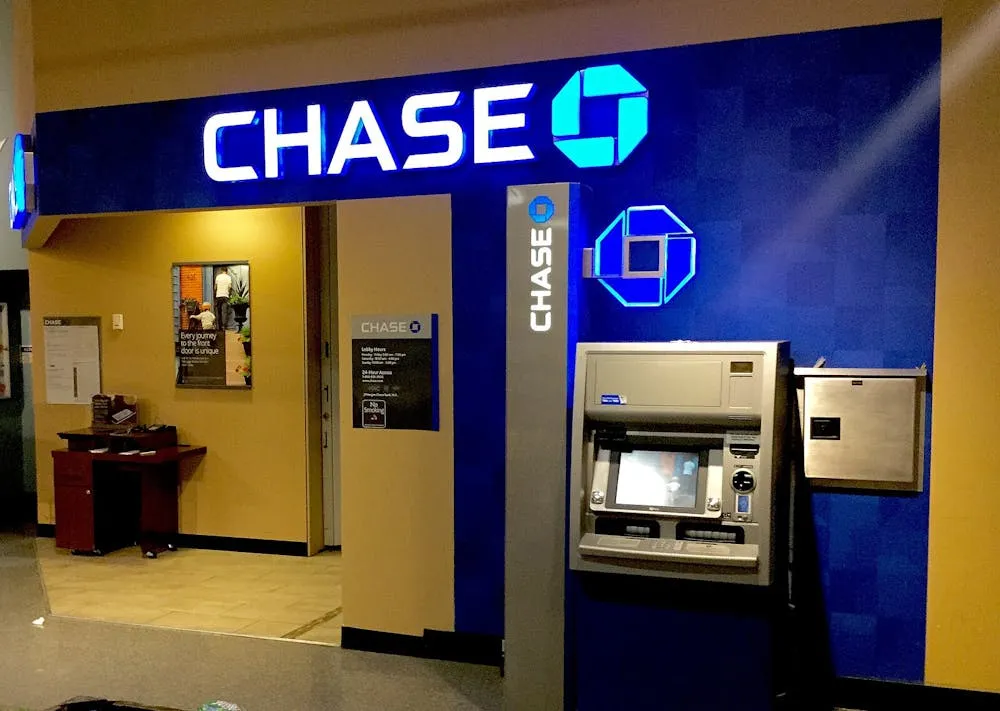
One of the most reported cases was of a Houston man who reportedly deposited a counterfeit $335,000 check and was able to withdraw most of that before it bounced. The bank also revealed it is owed $290,939.47 from that one incident alone.
How the Loss Happened
Chase’s ATM and mobile deposit services deposit some funds from check deposits before the check clears in full.
Scammers took advantage of this policy by depositing phony checks and removing money before the check was checked and returned prejudiced.
The bank has since tightened policies, sued cases, and accused numerous offenders.
It’s actively trying to reclaim the lost money and enhance the fraud detection technology in order to avoid similar cases of future occurrence.
Will Chase Reimburse Stolen Money?
Yes, Chase will pay stolen funds out of your account—there are certain circumstances.
So says the bank’s policies that the customers get protected under the Zero Liability Protection, in the sense that they will never be held liable for any of the unauthorized transactions if it’s notified promptly.
- The transaction must be unauthorized.
- Customers should notify it expeditiously, preferably the moment it appears in their account.
- Applies to credit, systematic transfers, and debit card transactions.
Other Protection Tips
- Purchase Protection: Reimburses you for purchases with eligible Chase cards that are damaged/stolen.
- Dispute Resolution: Customers can submit disputes on your platform or telephonically.
However, transactions using payment services like Apple Cash or Cash App are more challenging to challenge because they are categorized as cash payments.
For scams on these, Chase may do their investigations, but reimbursement is not guaranteed.
READ ALSO
- Why is Ulta Credit Card Activation Important?
- How to Activate Your Ulta Credit Card Yourself
-
Ulta Credit Card Pay by Phone: A Convenient and Secure Payment Method
Chase Bank Glitch Consequences
The effects of the Chase Bank glitch have been drastic. JPMorgan Chase is suing several people who exploited the glitch for repaying the stolen money and legal costs. In all, Chase is seeking hundreds of thousands of dollars in restitution.
- Fraudulent misuse of the services resulted in the freezing of accounts
- Participants were in the risk of being prosecuted under scores of charges including wire fraud and theft.
- Some matters are being prosecuted in federal courts
Besides that, there is a real chance that they may not be able to open a new account as their names are flagged as being financially bad.
The bank pointed out that taking advantage of delays in check clearing is scams and not technical failure, and they are fully committed to pursuing case to others to deter other who exploit.
Can the Chase Bank Glitch Impact Credit Score?
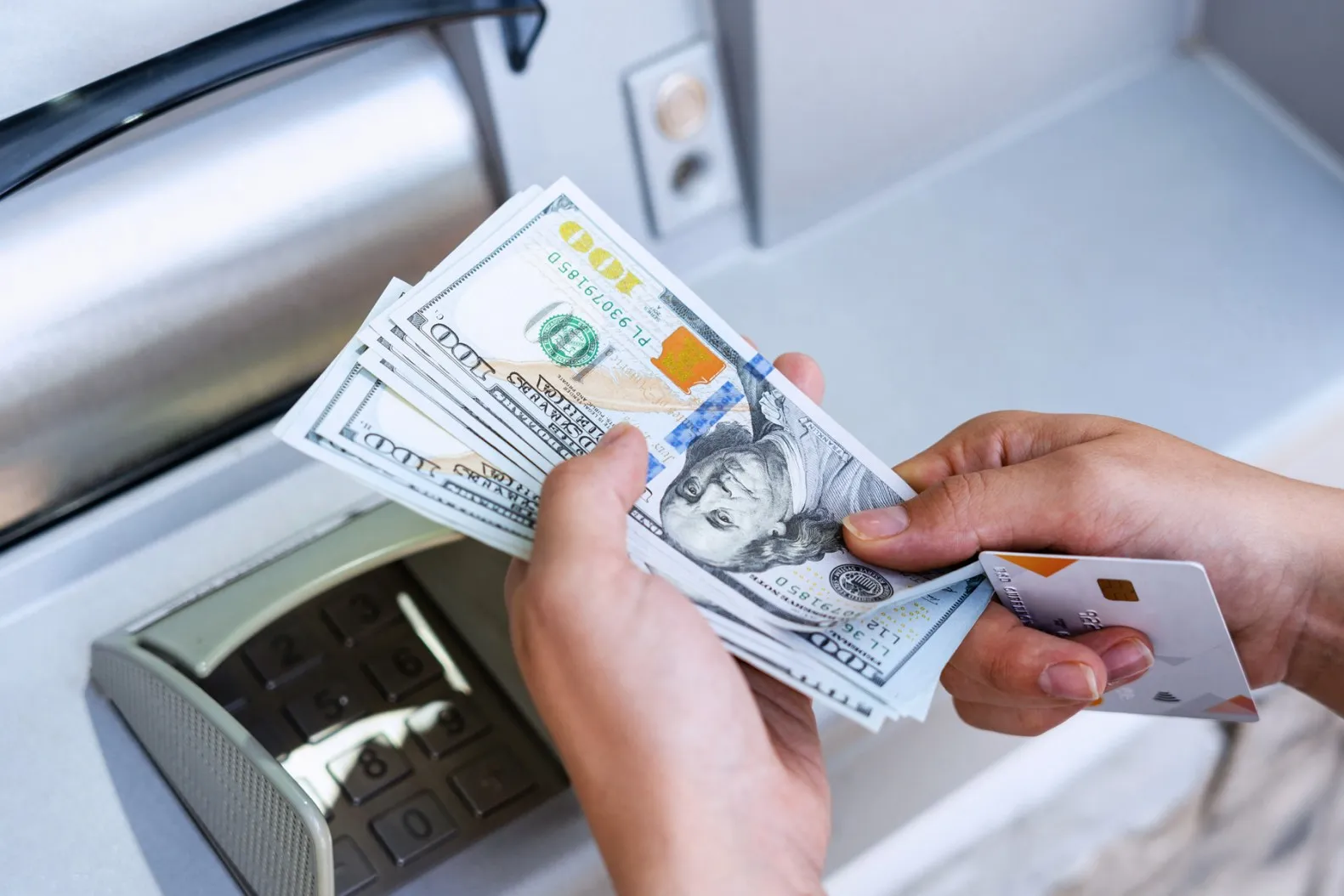
The Chase Bank issues does not impacts your credit score directly. Credit bureaus default-scores are calculated from your credit history, such as credit cards, loans, ort payments history and not from your checking account transaction.
However, there are indirect consequences
- Scams: You may be identified Coin precursor of the actions if you used the glitch prospective. This would stop you from opening new accounts.
- Legal Threats: If bring to court and convicted, a Serbia court of law may cause irreparable damage to your financial reputation.
- Banking BlackLists: Those that use such loopholes are normally blacklisted, hence it becomes difficult to open accounts in Banks of reputation.
- Chase’s Policy: Chase says it does not generally share your everyday account information, unless during applications that need a hard inquiry.
Unethical and financially counterproductive to commit fraud.
READ ALSO
- How to Save Money on Your Wedding Without Sacrificing Elegance
- Money Saver Motel: Affordable Comfort Redefined
- How to Save Money as a College Student: The Best Savings Tips for Students
Does the Chase Bank Glitch Still Work?
The Chase Bank glitch doesn’t work anymore. The supposed “infinite money glitch” that went wild on TikTok was never really a glitch, but fraud, and Chase has since jury-rigged its systems.
This is because, the Chase fixed the the system for early access to deposited funds without verification.
- Real-time fraud detection has been improved.
- Withdrawals from newly deposited check are now more restricted especially for high risk accounts.
Plenty of lawsuits have already been brought against users who abused the bug. In some cases, bank is trying to recover hundreds of thousands of dollars.
Example:
One man was said to have cashed out the bulk of a $335,000 check only to find out it bounced. Chase is pursuing nearly $291,000 from him.
The Glitch is now gone, and Chase is on high alert for any more occurrences with assistance from the law.
How Does Chase Detects Fraud?
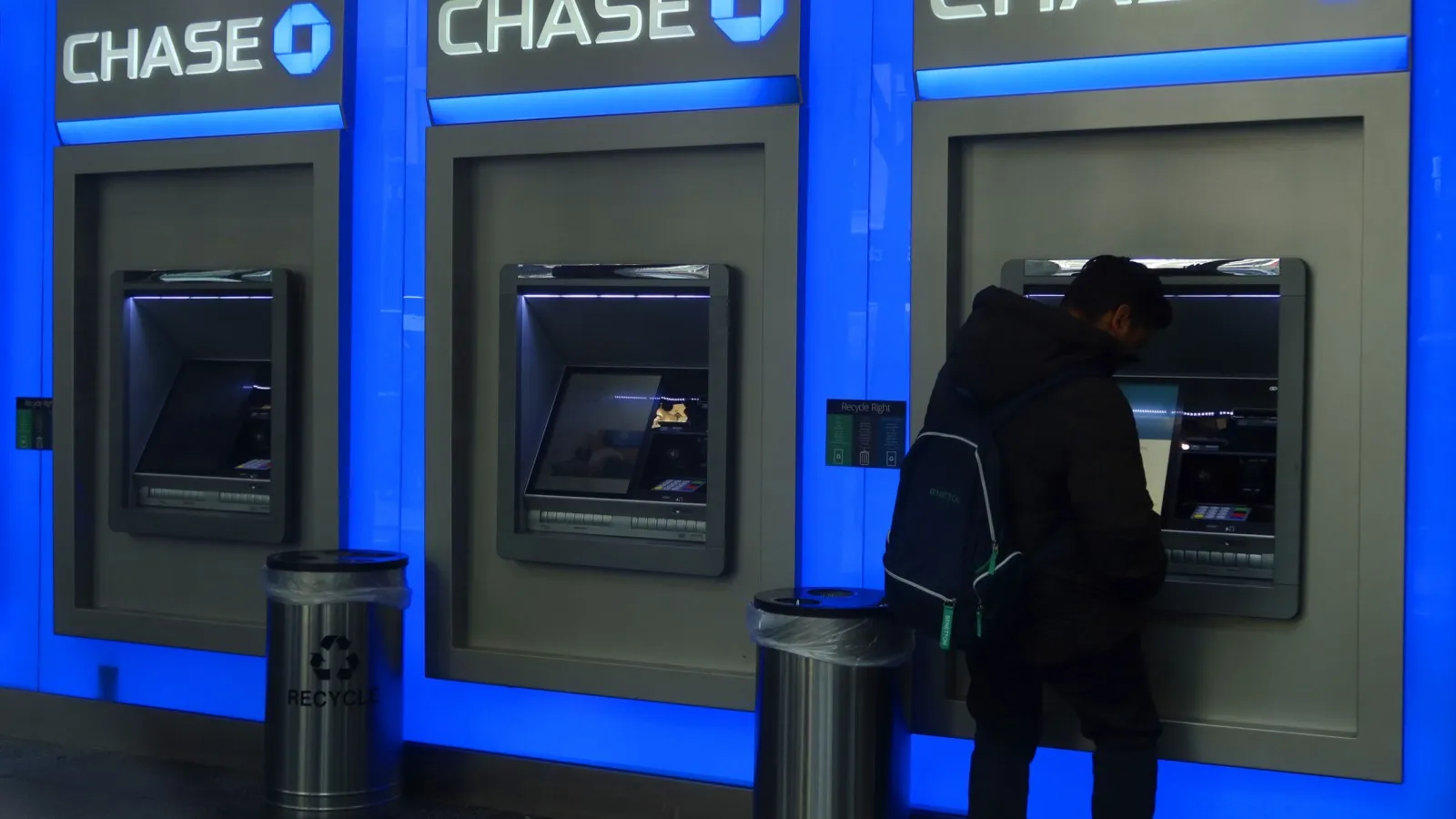
Using AI-generateed anti-fraud technologies, Chase Bank safeguards consumer bank accounts. They watch transaction patterns, identify potential threats and transmit actual-time incidents in the alerts.
How it Works
- Behavioral Analysis: Detects anomalies in your spending habits.
- Geolocation Tracking: Broken down transactions made away from the location you normally access.
- Machine Learing: Ascending detection based on fraud patterns.
- Two-Factor Authentications: It ensures that only your accounts have access.
If it appears as fraud, Chase may:
- Temporarily freeze your account
- Decline suspicious transactions
- Contact you for verification
The Alerts are recommended to be turned ON as well as to check on the transactions from time to time for your safety.
With the millions of accounts that Chase has under its protection, it is considered to be one of the finest industry fraud prevention systems, even today.
Tips to Avoid Bank Scams
Being aware of the signs of scams and safe banking practices will help you to avoid scams. Here are best practices to make your Chase account safer:
- Never Give Out PINs/Passwords: Not even to a member of your family or friend.
- Use two-factor authentication (2FA): Turn it on for all Chase apps.
- Beware of phishing emails: Make sure of links before you click on them.
- Don’t Accept Crucial Amounts Apps: Only money on reliable sources.
- Monitor Accounts Day-by-Day: Make use of mobile alerts to see unexplained activity rapidly.
- Treat Suspicious Checks Like Fake Money: Always be sure to realize that cases where deposits are suspected accordingly originate through an unacquainted or unfamiliar producer.
- Act Quickly on Issues: Reach out to Chase on the spot when uncertain.
Assure yourself, no dentists offer “free cash. If you find yourself giving up smoking in just a short time, just think, it is most likely a scam.
Conclusion
The Chase bank glitch was not an innocent hack but an enormous instance of check fraud, which has resulted in harsh legal penalties.
Even if Chase Bank is still a safe and secure bank, this episode illustrates the importance of prudent banking and the danger of viral misinformation.
Chase’s swift response and anti-fraud precautions are evidence of their commitment to safeguarding their clients.
If you’re banking with Chase, rest assured that security remains a top priority—as long as you stay informed and vigilant.
